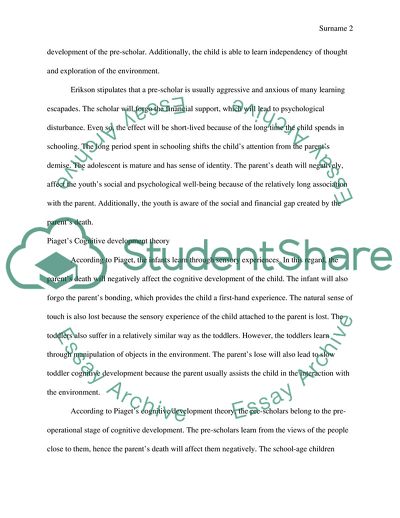Cite this document
(Effect of a Parents Death on Child Development Assignment Example | Topics and Well Written Essays - 2500 words, n.d.)
Effect of a Parents Death on Child Development Assignment Example | Topics and Well Written Essays - 2500 words. https://studentshare.org/psychology/1832712-parenting-0623
Effect of a Parents Death on Child Development Assignment Example | Topics and Well Written Essays - 2500 words. https://studentshare.org/psychology/1832712-parenting-0623
(Effect of a Parents Death on Child Development Assignment Example | Topics and Well Written Essays - 2500 Words)
Effect of a Parents Death on Child Development Assignment Example | Topics and Well Written Essays - 2500 Words. https://studentshare.org/psychology/1832712-parenting-0623.
Effect of a Parents Death on Child Development Assignment Example | Topics and Well Written Essays - 2500 Words. https://studentshare.org/psychology/1832712-parenting-0623.
“Effect of a Parents Death on Child Development Assignment Example | Topics and Well Written Essays - 2500 Words”. https://studentshare.org/psychology/1832712-parenting-0623.


